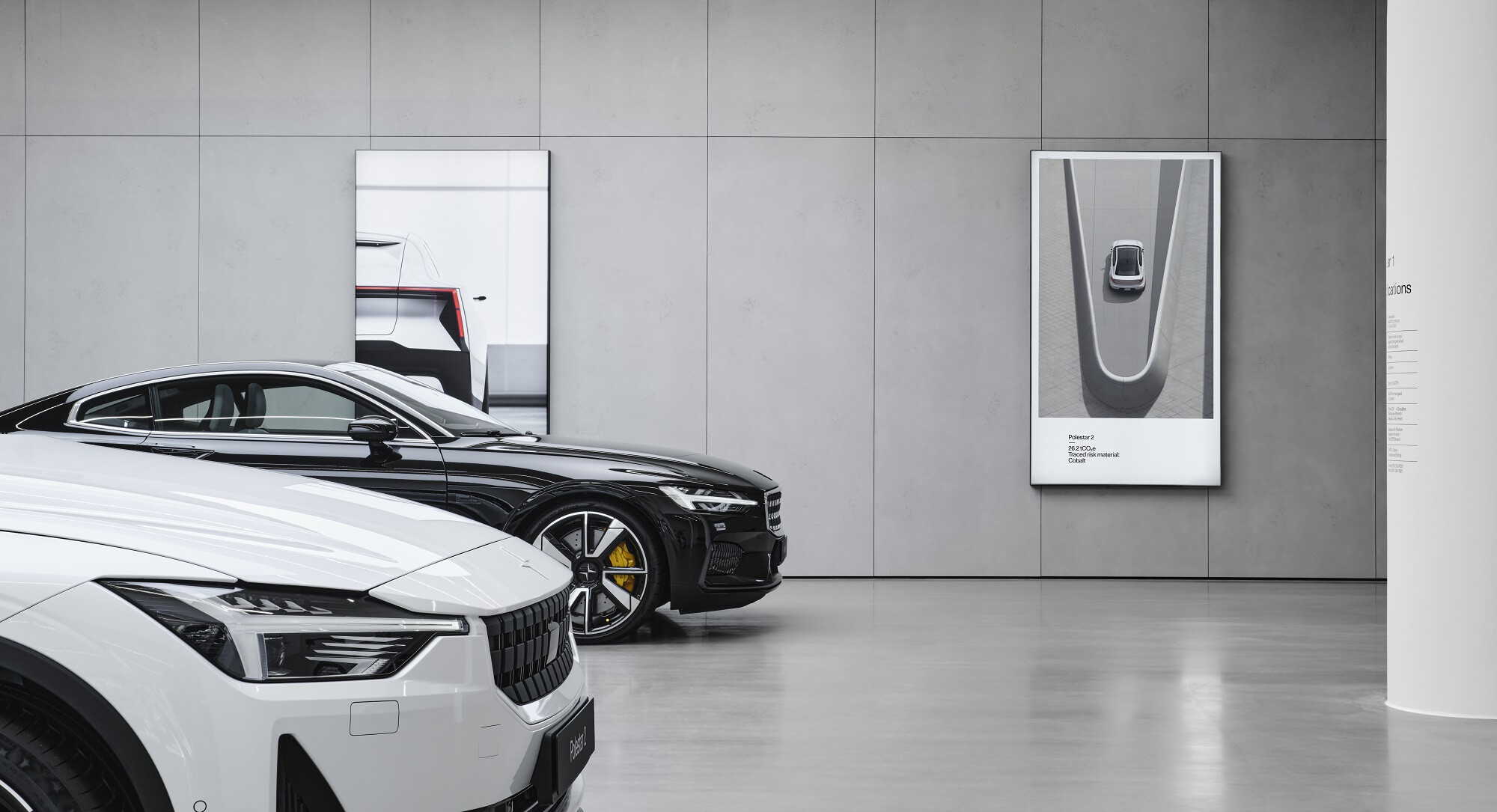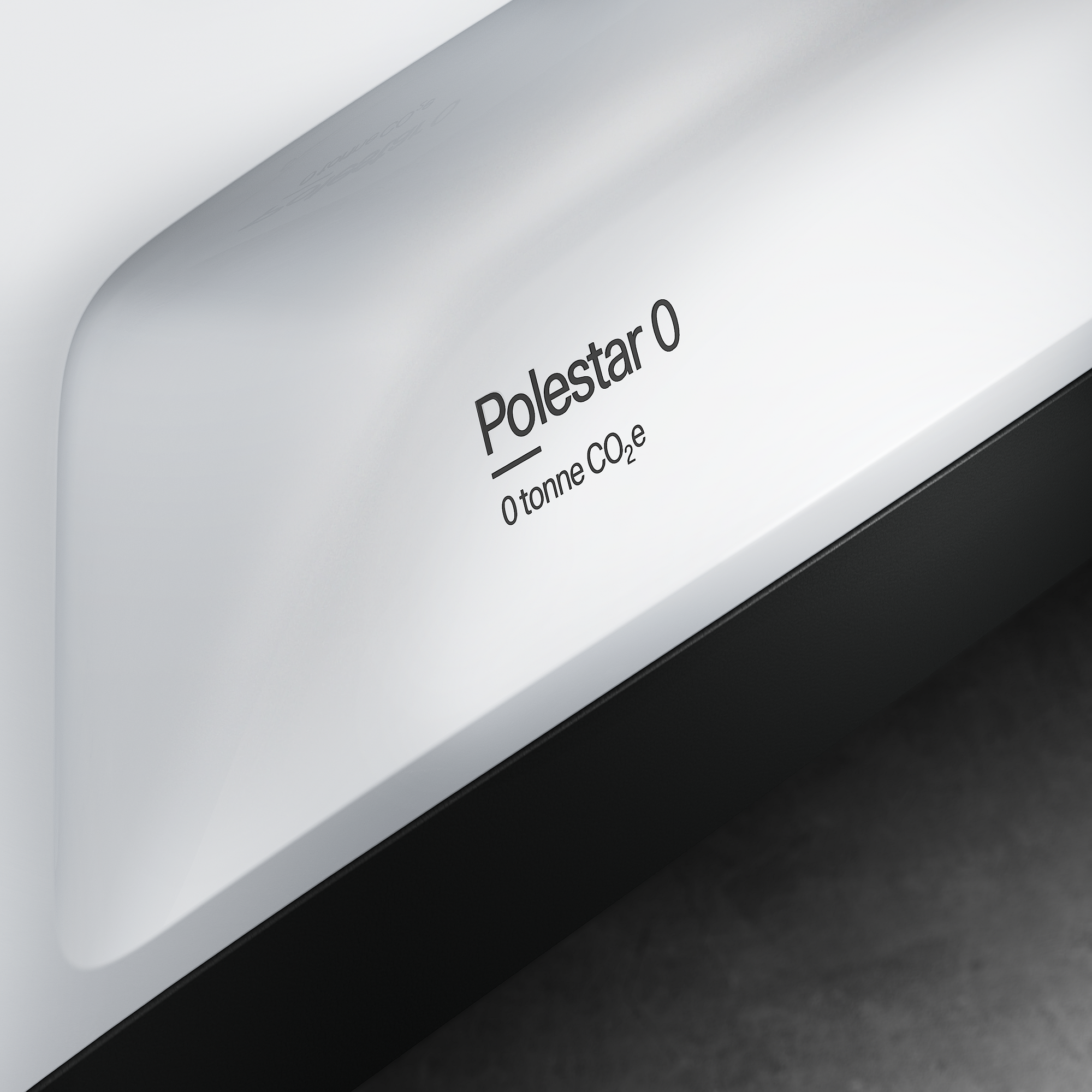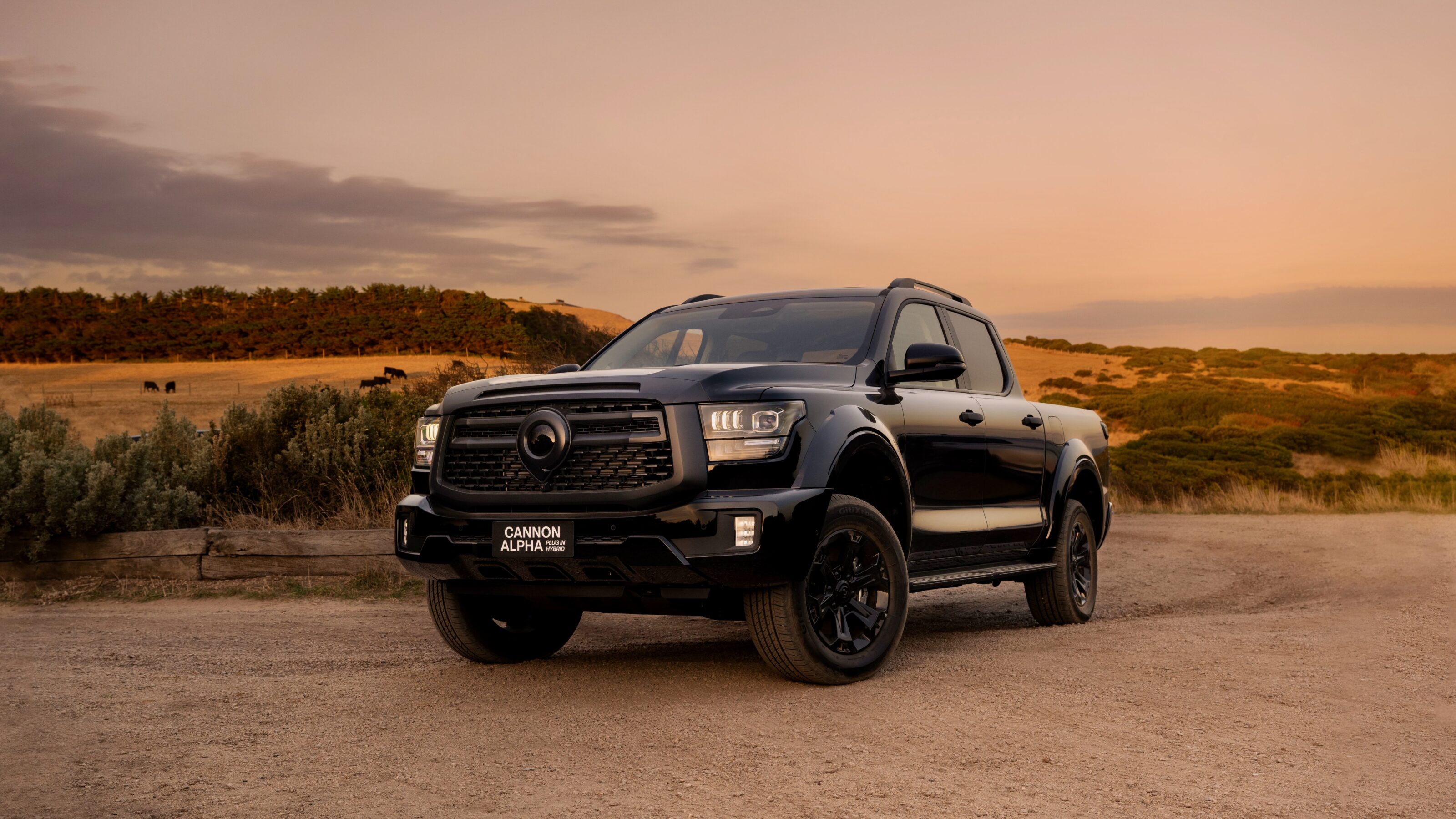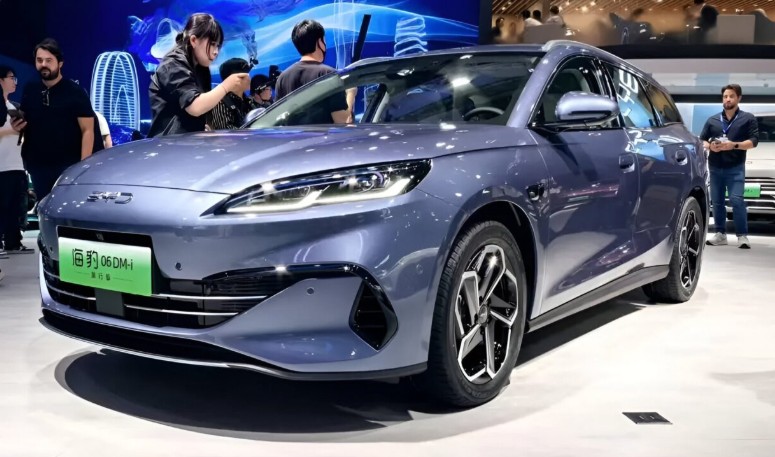
Electric vehicle brand Polestar has announced it plans to create a completely climate-neutral car by 2030, known for now as the Polestar 0 project – and that the company’s entire operation will be emissions-free by 2040.
If it achieves its goal, the manufacturer expects it will be the first company to make a truly climate-neutral car.
Currently, the former Volvo tuning division turned EV-focused performance marque produces two models – the Polestar 1 hybrid supercoupe and Polestar 2 fully-electric sedan.
The Chinese-owned company also has an electric SUV in the works, the Polestar 3, along with a sleek new fastback sedan based on the Precept concept that was revealed in early 2020.
Unclear for now is which of these new offerings, if not one of the brand’s existing models, will form the basis of Polestar’s ambitious climate-neutral plan.

Today, a carbon-neutral operation is most often achieved through offsetting emissions – by planting more trees to capture the carbon dioxide produced through manufacturing. The specific number of trees to be planted is based on calculations around the emissions from building a car.
But Polestar wants to go one step further and completely alter the way its cars are made. Thomas Ingenlath, Polestar CEO – and former Volvo design boss – claims carbon offsetting is “a cop-out.”
“[The] Polestar 2 leaves the factory gates with a carbon footprint. In 2030 we want to present a car that does not.”
Manufacturing an electric vehicle generally requires more carbon emissions than internal-combustion vehicles, because of the processes involved in producing the battery packs.
Figures from Polestar released in 2020 show the Polestar 2 requires roughly 64 per cent more emissions to build than the Volvo XC40. But over the course of its lifetime, the company claims, the Polestar 2 has fewer emissions than the XC40.

The news was released alongside the carmaker’s first annual review which details Polestar’s energy consumption and resulting emissions, as well as the emissions of its suppliers.
Polestar’s Head of Sustainability, Fredrika Klarén, added: “We’re electric, so we don’t have to worry about combustion engines producing toxic emissions – but that doesn’t mean our job is done. We will now work to eradicate all emissions stemming from production.”




